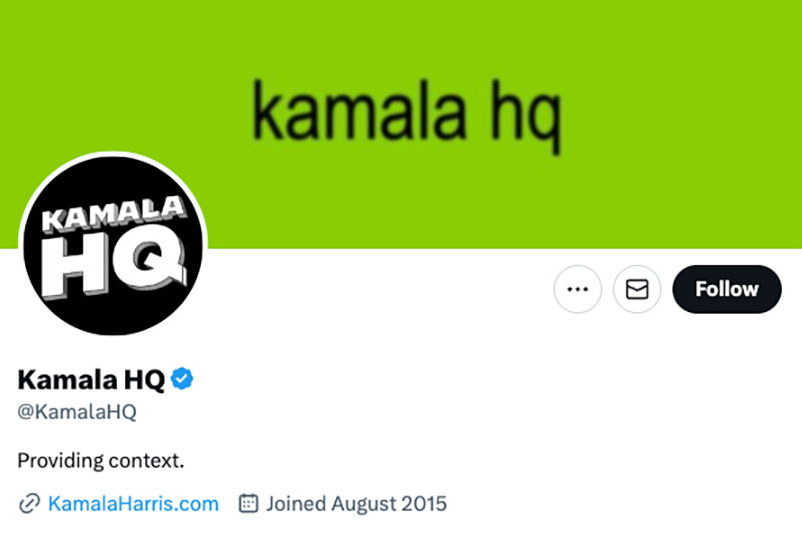By The Malketeer
Lies, Microtargeting, and Manipulation Exposed
In today’s digital age, social media isn’t just a tool for sharing pet videos and keeping up with friends—it’s the new battleground for political warfare.
Platforms once seen as spaces for connection are now wielded as strategic weapons in campaigns, where lies, manipulation, and microtargeting reign supreme.
Microtargeting: The Data Gold Rush
Political campaigns have long evolved from the traditional speeches and handshakes.
Now, in the era of hyper-personalisation, microtargeting has transformed how candidates interact with voters.
According to Tom Sneddon, Marketing Manager at Supernova, part of Atomic London: “Campaigns are able to play into people’s fears, biases, or prejudices to shift opinions in a very short time frame.”
This is done by leveraging personal data to craft tailored messages that hit home—and hit hard.
In the 2020 US elections, such tactics became critical, but they also opened the door for widespread misinformation.
False claims about mail-in voting and election fraud sowed doubt and division, influencing voter behaviour and public trust.
AI-Generated Disinformation: The New Frontier
Fast-forward to today, and technology has added a darker layer to this political chess game.
AI-generated deepfake videos can make fabricated events look terrifyingly real.
These tools are reshaping political strategy, allowing campaigns not just to influence, but to deceive with alarming accuracy.
The threat?
An electorate that can no longer discern reality from fabrication, jeopardising the very bedrock of informed decision-making.
TikTok’s Power Play: A Gen Z Connection
While older platforms like Facebook and X (formerly Twitter) still hold sway, new arenas are emerging.
TikTok, once seen as a dance and trend hub, has become a powerful stage for political engagement, especially for younger voters.
Kamala Harris’s Kamala HQ account exemplified how candidates are adapting, tapping into memes and viral content to resonate with Gen Z.
Yet, even as TikTok officially bans political ads, the influence of user-generated political content—and brands like Ben & Jerry’s promoting causes through ice-cream campaigns—highlights that social media’s role in politics goes beyond paid placements.
Brands Enter the Arena
Sneddon points out a striking shift: “71% of consumers expect brands to take positions on societal issues.”
This reality has pulled companies into the fray, making political discourse part of their branding strategy.
However, he warns, “Brands need to be clear on what issues they stand for and be committed long-term.”
Algorithmic Bias or Censorship?
The rapid spread of sensational content, fuelled by algorithms designed to prioritise engagement, has sparked accusations of bias and censorship.
Conservatives often claim their voices are unfairly stifled, while liberals argue the opposite.
This dynamic results in echo chambers, where users are enveloped in like-minded content, further deepening political polarisation.
So, is this censorship or just the nature of engagement-driven algorithms?
Critics suggest that moderating content creates an environment where moderate and nuanced voices get drowned out, intensifying ideological divisions.
Seeking Solutions: Can Regulation Tame the Wild West?
The weaponisation of social media raises a pivotal question: How can we protect democratic discourse without stifling free speech?
Some experts advocate for greater transparency, such as requiring social media platforms to disclose all political advertising and its backers.
Another idea is funding independent fact-checking bodies to verify claims in real-time.
Sneddon reflects, “While platforms have made strides, there’s hesitation around formal regulation due to its potential impact on free speech and the associated costs.”
He adds, “Political parties must lead by example, adhering to the same ethical standards society demands from advertisers.”
A Path Forward
The battle for balance in social media political marketing is far from over.
As AI advances and digital platforms grow even more embedded in daily life, the stakes will only rise.
Whether through improved legislation, transparent practices, or collective responsibility, the focus must remain on ensuring social media amplifies democracy—not undermines it.










